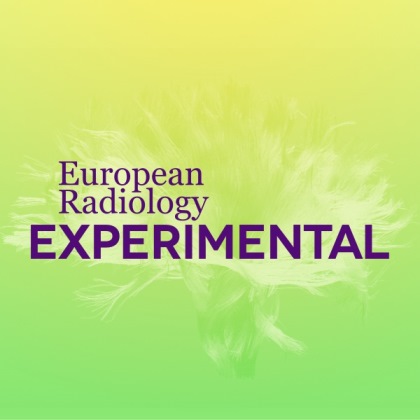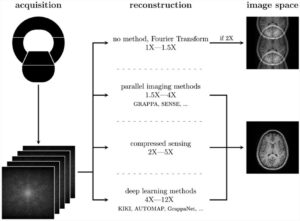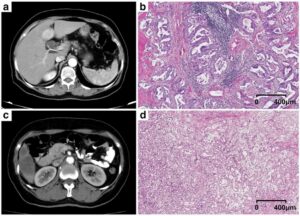In our final installation of our Editor-in-Chief interview series, where we get an inside look at the topic of artificial intelligence (AI) in relation to radiological journals over three brief interviews with the Editors-in-Chief of the European Society of Radiology’s three flagship journals, we speak with the Editor-in-Chief of European Radiology Experimental, Professor Francesco Sardanelli. Professor Sardanelli has been Editor-in-Chief since 2017 and currently resides in Milan, Italy.
What Artificial Intelligence-related trends are you seeing in the field of radiology at the moment?
We are now in the phase of huge expectations. AI is mostly perceived as creating a positive scenario (e.g., reducing repetitive tasks such as screening reading; aiding detection and diagnosis; increasing image quality; prioritizing examinations to report; increasing the prognostic value of medical imaging), but also as creating some negative feelings (e.g. reducing job opportunities).
 Which topics and (clinical) questions within Artificial Intelligence are currently the most prominent in your journal (e.g. Machine Learning, Convolutional Neural Networks, computer-aided diagnosis, etc.)?
Which topics and (clinical) questions within Artificial Intelligence are currently the most prominent in your journal (e.g. Machine Learning, Convolutional Neural Networks, computer-aided diagnosis, etc.)?
Some examples include AI, big data, structured reporting, virtual MRI from radiographs by generative models, 3D CNN for stroke detection on CTA, multimodality/multiparametric breast lesions classification, and radiomic prediction of liver metastasis in mice.
In which area do you think AI is quite advanced, and in which areas will further research be needed?
Advanced areas include the application of AI as a first and/or second reader in screening (e.g. mammography, lung CT), as well as to the detection of cerebral hemorrhage/ischemia. Additionally, within these areas, further research is needed for robust clinical validation. In many other promising fields we must always distinguish studies that present one AI method on a mono-institutional sample size – even a very large one – and those that also have an “external” validation on large case series coming from other centers; only the latter can really be considered as validated.
To read more on artificial intelligence in radiology, follow this link to an article published in European Radiology Experimental, written by Filippo Pesapane, Marina Codari, and Francesco Sardanelli.













